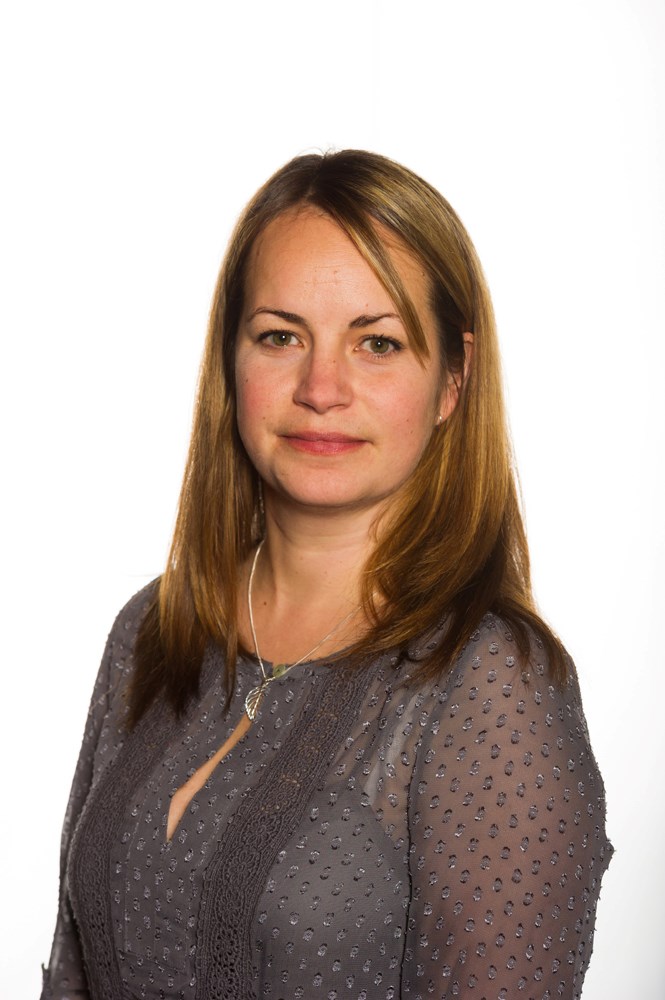The District of Squamish council formally adopted its revised financial plan on May 5, giving taxpayers in town a small break in light of the economic challenges posed by COVID-19.
Originally, the municipality was seeking to raise overall tax revenue by about $1.45 million, but is now downgrading that number to about $614,000.
This represents a 2.1% increase in tax revenue compared with 2019, but it’s anticipated that growth could offset this number.
If those growth projections pan out, there could actually be a 0.8% decrease in overall tax revenue compared with 2019.
When it comes down to it, this means that the average homeowner will be paying a slightly lower tax rate in comparison with last year.
According to District estimates, the average residential taxpayer will experience a decrease of 0.5%. The average business will experience a decrease of 0.6%.
“There are many priorities we have tried to balance in this financial plan amendment, recognizing that we must be resilient and aim to ensure community services and operations continue to support the community in the short, medium and long term,” said Mayor Karen Elliott in a news release. “And in a time when household finances and business cash flows are challenged, we are doing what we can to ease that burden.”
For those wanting to calculate the exact amount they’ll be paying, the mill rate for a residential property owner is now 2.97. In 2019, it was 2.98.
Businesses will be paying 7.64 this year. Last year it was 7.86.
Mill rates indicate how much a property owner pays per $1,000 of assessed value.
The deadline for property tax and utility payments remains July 2, but the date in which penalties take effect has been pushed back to Oct. 1.
A 5% penalty will take effect in October, and an additional 5% will be incurred on Dec. 1.
“It is important that we do not drop too much in 2020, as this could create a bigger challenge for the District and our citizens in 2021 and beyond, so our goal has been to smooth out the impact as much as possible,” said Elliott in the release.
“We know the community will expect that we are ready to pick up the pace quickly once we all adjust to the new normal, and that understanding is a factor in our decision-making. While we are trying to ease the financial burden on those struggling due to the pandemic, I would ask citizens and businesses who can, to please pay their taxes on time. As our primary source of revenue, timely payment of property taxes helps us to manage our cash flow to provide community services and have the ability to respond as this pandemic unfolds in the months to come.”
So it can maintain essential water, sewer and solid waste services, the District says it is not changing utility budgets.
New CFO
On May 6, the District announced that it had hired a new chief financial officer.
The municipality said in a news release that Heather Boxrud has been chosen for the job.
Boxrud is arriving from Tourism Whistler, where she led the direction in the areas of fiscal stewardship, corporate governance and risk management in her role as vice president, finance and operations.
She will be relocating to Squamish to take on this role.
“I am thrilled to be joining the exceptional team at the District of Squamish," said Boxrud in the release. "I look forward to leading the financial stewardship of the municipality on behalf of Council and the community of Squamish.”
The mayor extended her greetings in the announcement.
"We are very excited to welcome Heather to our senior leadership team,” said Elliott. “Heather is known for her energetic and collaborative leadership style, and brings an extensive financial and technology systems expertise to the District that will help to further shape our long-term financial vision and strategies.”
Boxrud is replacing Christine Mathews, who had left the municipality for personal reasons in December. Prior to Boxrud, Linda Klassen has been filling in as the acting chief financial officer.



